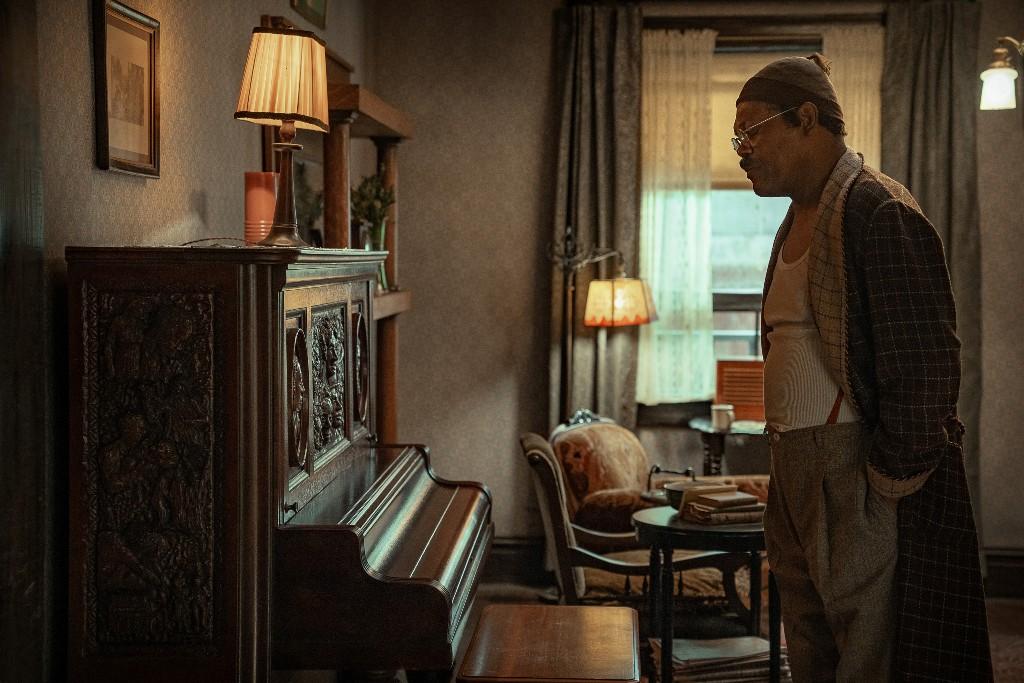PG-13 | 2h 5m | Drama | 2024
Based on the Pulitzer Prize-winning 1987 play by August Wilson, “The Piano Lesson” is a movie that gets close to being “stage-bound.” This is a work for the stage, when the action on stage may take place in one or two rooms, that falters when adapted to film.






